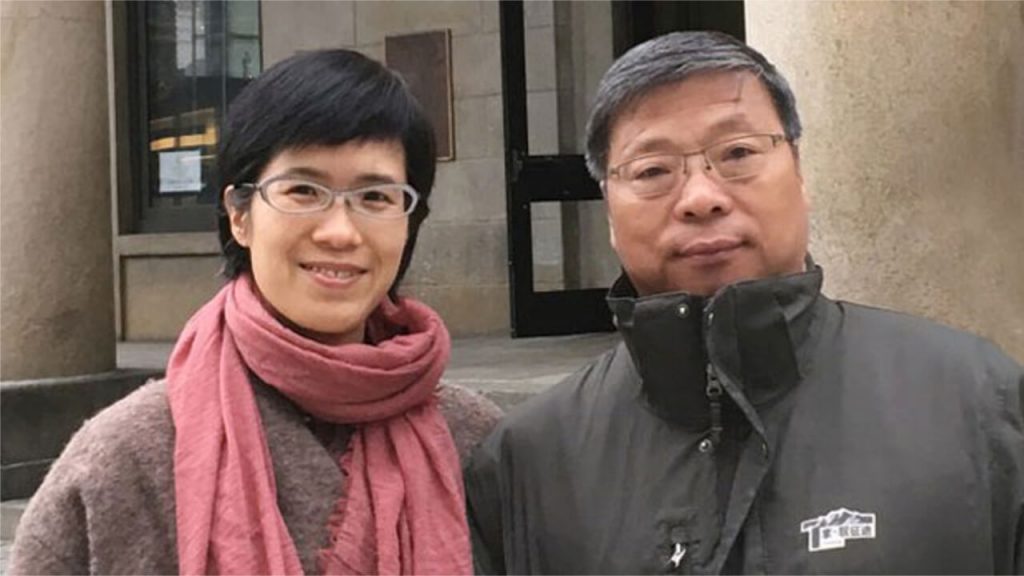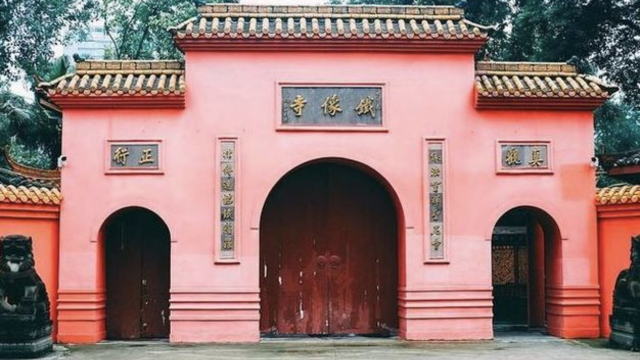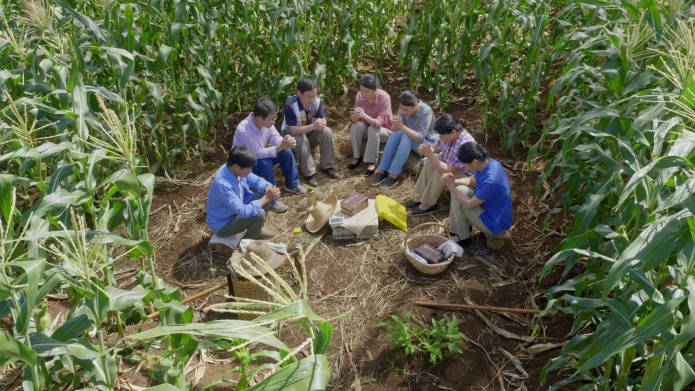
Photo provided by Xu Xiaoli
Authorities in the northwestern Chinese region of Xinjiang have detained an award-winning documentary photographer who was on a trip there, his wife has said.
Lu Guang, 57, has been missing, presumed detained since Nov. 3, while he was in the regional capital Urumqi, Lu’s wife Xu Xiaoli said.
Xu said via her Twitter account late on Monday that Lu had been invited by a friend to Urumqi on Oct. 23, and had later traveled to Kashgar, in the south of the region, on Oct. 31.
But his family lost contact with Lu after he returned to Urumqi on the night of Nov. 3, and Xu later learned that her husband and a fellow photographer had been taken back to Kashgar by Chinese state security police, according to a statement pinned to her Twitter account.
Xu declined to comment further when contacted by RFA on Tuesday.
“Everything I know is in my statement, so there is nothing more to say,” she said. “There has been no news. I have made a lot of calls to Xinjiang, to numbers I found online, but no one is picking up.”
An employee who answered the phone at the Kashgar police department declined to comment in the absence of a missing persons report.
“His family would need to report him missing to the local police department, and then it would be up to them to keep you informed,” the employee said.
Suppressing information
Patrick Poon, China researcher for the London-based rights group Amnesty International, said Lu’s sudden disappearance came as Beijing seeks to fend off mounting international criticism of its mass internment of Muslim Uyghurs and other ethnic groups in “re-education” camps in Xinjiang.
“The situation in Xinjiang has indeed caused a lot of international concern, so the Chinese government is taking various steps to shut down the flow of information,” Poon said.
“I don’t know if the authorities are worried about something that Lu Guang photographed [in Xinjiang].”
“But they shouldn’t suppress it in this way. It won’t work, and the effect will be to increase public attention,” he said. “We call on the international community to watch closely and request that the Chinese government … release him immediately.”
A U.S. green card holder who usually lived in eastern China, Lu has made a name for himself documenting the devastating environmental impact of China’s industrialization since the 1990s.
He has been awarded a World Press Photo prize, the Henry Nannen Preis, the W. Eugene Smith Grant Humanitarian Photography Award, the National Geographic Photography Award, and the Dutch Prince Claus Award, as well as a China Photography Award.
Authorities nervous
Wang Longmeng, a political commentator currently living in France, said Lu’s presence in Xinjiang likely made the authorities there nervous.
“Why has such a well-known photographer been detained in Xinjiang? Maybe it has something to do with the current, and highly repressive, policies being implemented in Xinjiang right now,” Wang said.
“They are building the biggest concentration camps in the world.”
He added: “Maybe they were afraid of what Lu Guang would see and reveal on his trip; that he would let the international community know about what is going on in Xinjiang.”
Beginning in April 2017, Uyghurs accused of harboring “strong religious views” and “politically incorrect” ideas have been jailed or detained in re-education camps throughout the Xinjiang Uyghur Autonomous Region (XUAR), where members of the ethnic group have long complained of pervasive discrimination, religious repression, and cultural suppression under Chinese rule.
China claims that it has sent an unspecified number of Uyghurs influenced by “extremism” to these camps, but many prominent Uyghur intellectuals, such as academics, professors, researchers, artists, singers, businessmen, and religious leaders are also being detained.
While Beijing initially denied their existence, the Uyghur chairman of Xinjiang’s provincial government, Shohrat Zakir, told China’s official Xinhua news agency last month that the facilities are an effective tool to protect the country from terrorism and provide vocational training for Uyghurs.
Reporting by RFA’s Uyghur Service and other media organizations, however, has shown that those in the camps are detained against their will and subjected to political indoctrination, routinely face rough treatment at the hands of their overseers, and endure poor diets and unhygienic conditions in the often overcrowded facilities.
Reported by Ng Yik-tung and Sing Man for RFA’s Cantonese Service, and by He Ping for the Mandarin Service. Translated and edited by Luisetta Mudie.
Source: Copyright © 1998-2016, RFA. Used with the permission of Radio Free Asia, 2025 M St. NW, Suite 300, Washington DC 20036. https://www.rfa.org.












